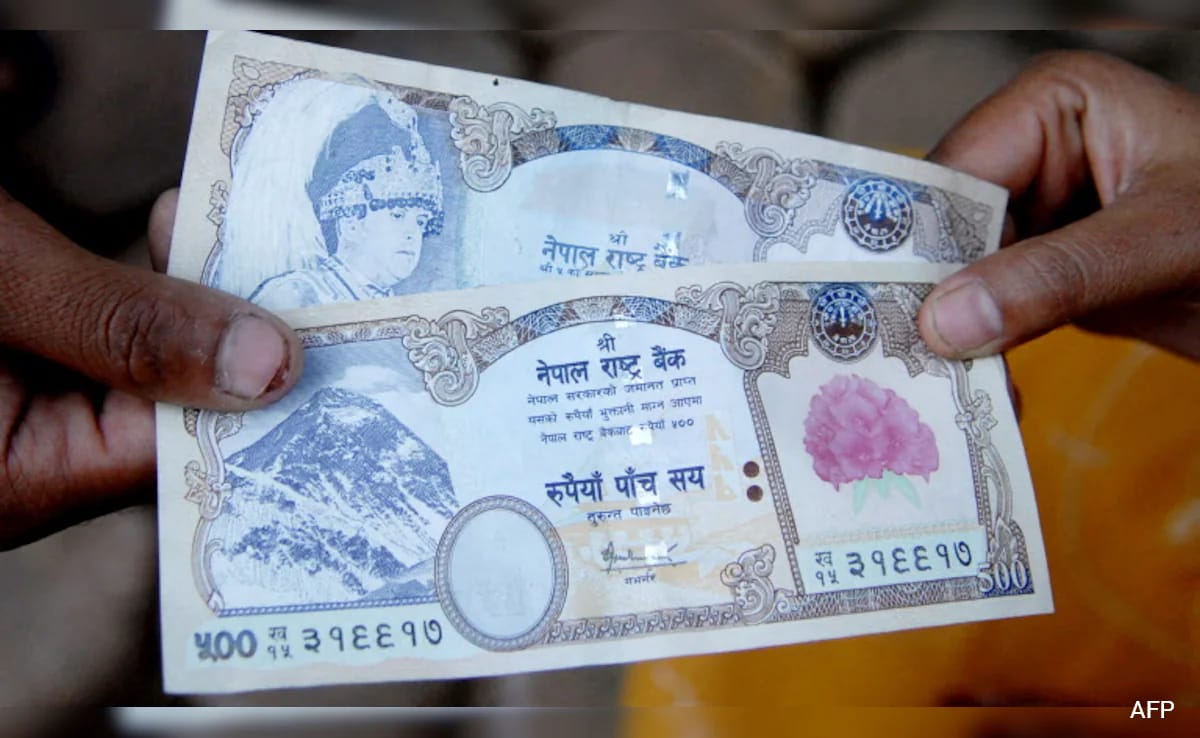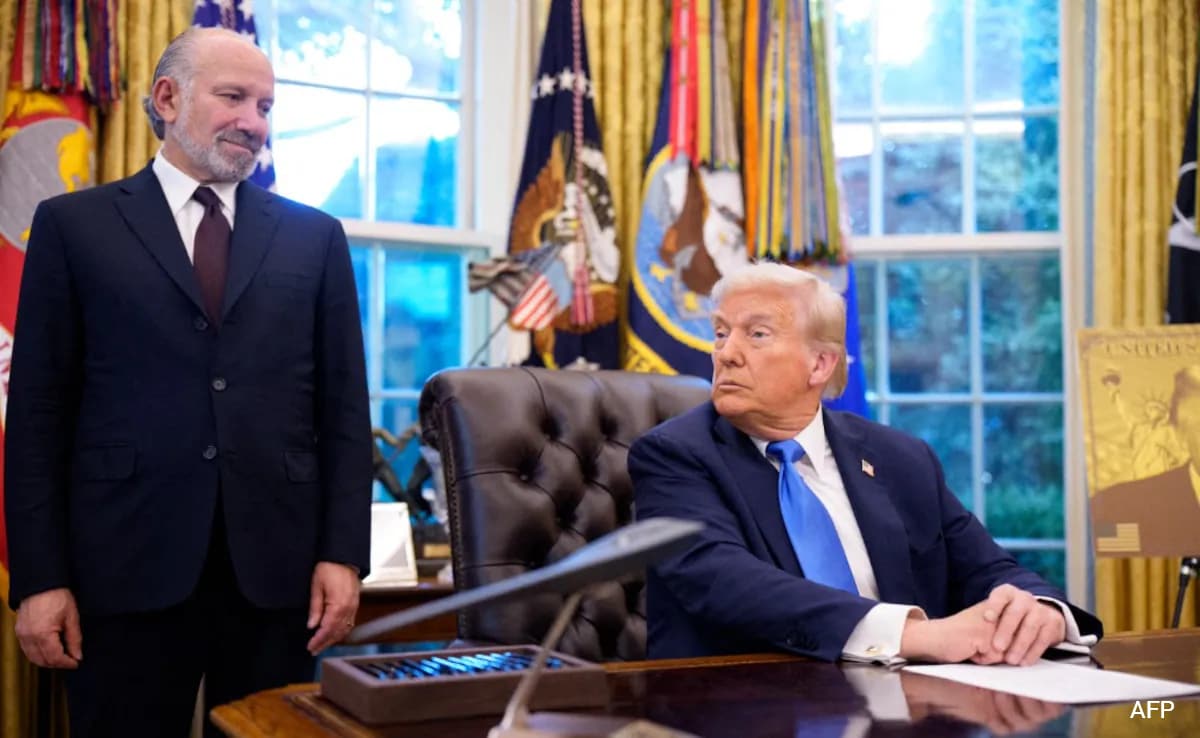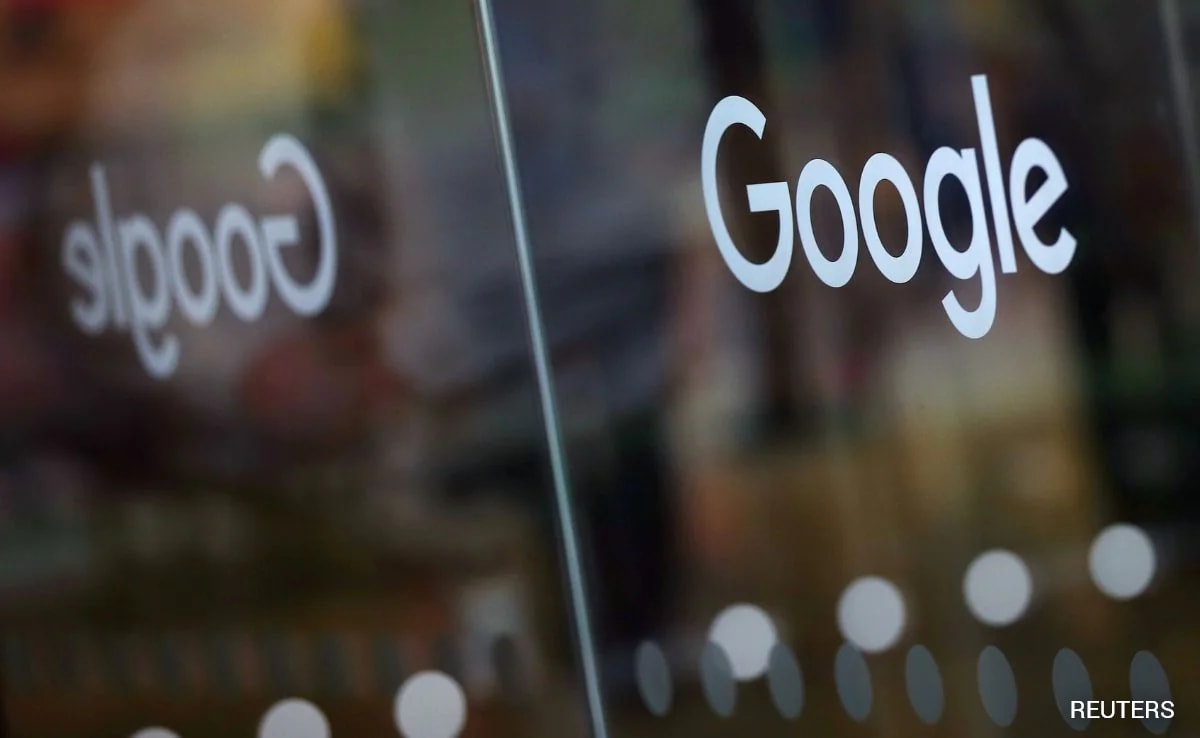Merkel was meeting Israelâs new prime minister, Naftali Bennett, and visit Israelâs national Holocaust memorial, Yad Vashem. Her talks with Israeli leaders were expected to focus on Iranâs nuclear program.
Germany was a leading player in the 2015 international nuclear deal with Iran. The deal fell apart after then-President Donald Trump, with Israelâs support, withdrew from the agreement in 2018. The Biden administration has been trying to revive that deal over Israeli objections.
As he welcomed Merkel to a meeting of the Israeli Cabinet, Bennett said that the world could not stand neutral toward Iran.
âThe Iranian nuclear program has advanced further than ever. The world is waiting, the Iranians are buying time and the centrifuges are spinning,â he said. He said the prospect of a nuclear-armed Iran isnât a strategic challenge for Israel. âFor us, itâs existential,â he said.
Earlier, Bennett described her as a great friend of Israel.
âThe relationship between Germany and Israel has been strong, but in your term, it has never been stronger,â Bennett said. âIt has become more than just an alliance. It has become a true friendship thanks to your leadership. Weâre looking forward to strengthening it even more in business relations, science, education, health and of course, in security.â
Merkel called it a âstroke of good fortuneâ that after the tragedy of the Holocaust, in which Germanyâs Nazi leaders oversaw the murder of 6 million European Jews, âit has been possible to reset and to re-establish relations between Germany and Israel to the extent that we have done.â
She said Israelâs security âwill always be of central importance and a central topic of every German government.â
Israel was formed in the wake of the Holocaust in 1948 and the two countries only established diplomatic ties in 1965. But over the decades those ties have warmed.
Germany is Israelâs largest trading partner in Europe and the German government has provided solid support to Israel during wars and diplomatic crises.
Merkel and the former Israeli prime minister, Benjamin Netanyahu, had a sometimes cool relationship due to poor personal chemistry and differences over the Palestinian issue. Germany supports the establishment of an independent Palestinian state, while both Netanyahu and Bennett do not. But these differences have done little to upset the broader partnership.
There were no plans for Merkel to meet Netanyahu, who is now Israelâs opposition leader. She also was not scheduled to meet with Palestinian leaders in the Israeli-occupied West Bank.
Oded Eran, a former Israeli ambassador to the European Union, said that Merkel built on the policies of her predecessors. He cited security cooperations, defending Israel against criticism in the European Union and a tough stance on antisemitism.
âHer predecessors started, but she certainly cemented it and brought it to new levels,â he said.
Merkel was scheduled to visit in August, but the trip was postponed after the crisis in Afghanistan in which the Taliban seized power. She then delayed the visit until after last monthâs German election. She now remains in office in a caretaker capacity until a new government is formed, a process that could take weeks or even months.
Merkelâs Christian Democratic Union had its worst-ever election result in the Sept. 26 vote and the partyâs leader, Armin Laschet, has indicated his willingness to step aside.
The center-left Social Democrats, the environmentalist Greens and the pro-business Free Democrats held their first round of talks Thursday on forming a possible coalition. If they succeed, the alliance would send Merkelâs bloc into opposition.
___
Associated Press correspondent Ilan Ben Zion contributed reporting.
.png)











 English (United States) ·
English (United States) ·  Turkish (Turkey) ·
Turkish (Turkey) ·